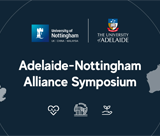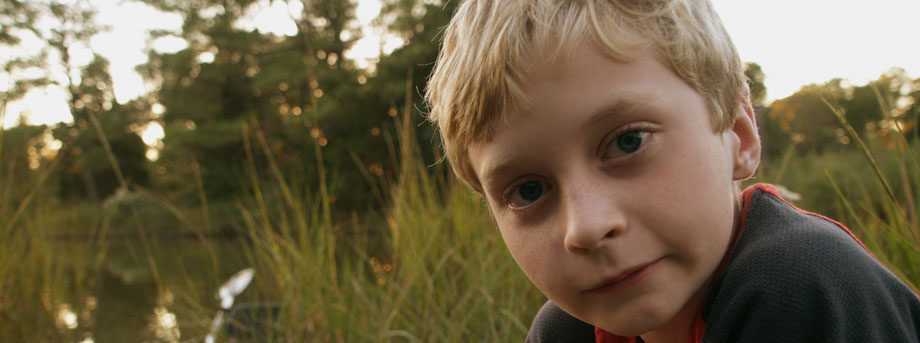Teaching the science of learning
April 6th, 2011
Children who are taught how to think and act like scientists develop a clearer understanding of the subject, a study has shown.
Research led by The University of Nottingham and The Open University found understanding good scientific practice could help children develop the skills needed to weigh up misinformation in the media, understand the impact of science and technology on everyday life and help them to make better personal decisions on issues including diet, health and their impact on the environment.
The three-year project involved 11 to 14-year-olds at Hadden Park High School in Bilborough, Nottingham, and Oakgrove School in Milton Keynes and a computer toolkit named nQuire, available as
a free download for teachers and schools at www.nquire.org.uk and used on desktop PCs and portable notebooks.
nQuire guides pupils through devising and planning scientific experiments, collecting and analysing data and discussing results. Pupils were asked to choose topics, including fitness, micro climates and the effect of noise pollution on birds. nQuire meant pupils could start in the classroom then collect data elsewhere, before sharing and analysing their findings back in class.
Prof Mike Sharples, who led the project at Nottingham, said: “The results … showed a positive effect on learning outcomes, a maintained enjoyment of science lessons and a small but genuine improvement in pupils’ understanding of the scientific process.
“Science can be a hard sell in terms of persuading young people to consider it as an option for further education or as a career, particularly those from socially-disadvantaged backgrounds. However, it shapes the world in which we live and it is incredibly important that people develop the skills necessary to navigate the huge amount of ‘bad science’ and misinformation which is propagated in the media.”
Prof Eileen Scanlon, Associate Director (Research & Scholarship), who led the project at the OU, said: “The tool this project has produced enables teachers to construct the kind of support pupils need to really engage with a subject area. Using mobile devices gave the pupils support wherever they were, which is an important element of learning. Teaching doesn’t have to be confined to the classroom and in fact, as our research shows, can be much more effective when it’s allowed to extend beyond the typical learning environment. Our focus at the OU has been on support for the geography elements of the curriculum, so it has been particularly important for us to encourage pupils to investigate, and engage with, their local environment.”
After using nQuire, pupils had a better grasp of the principles underpinning scientific practice and what could threaten the validity of investigations. The project was supported by ScienceScope and funded with £1.2m from the joint Economic and Social Research Council and the Engineering and Physical Sciences Research Council Technology Enhanced Learning Research Programme.
Tags: Associate Director (Research & Scholarship), Economic and Social Research Council, Engineering and Physical Sciences Research Council Technology Enhanced Learning Research Programme, nQuire, Prof Eileen Scanlon, Prof Mike Sharples, ScienceScope, The Open University
Leave a Reply
Other News
Trusted Research update: changes to technologies requiring an export control licence
The UK Government has issued an updated UK Strategic Control List, introducing additional export control measures […]

Adelaide-Nottingham Alliance: join Vice-Chancellors at event celebrating global partnership
Staff, students and researchers are invited to join the Vice-Chancellors of the University of Nottingham and […]


